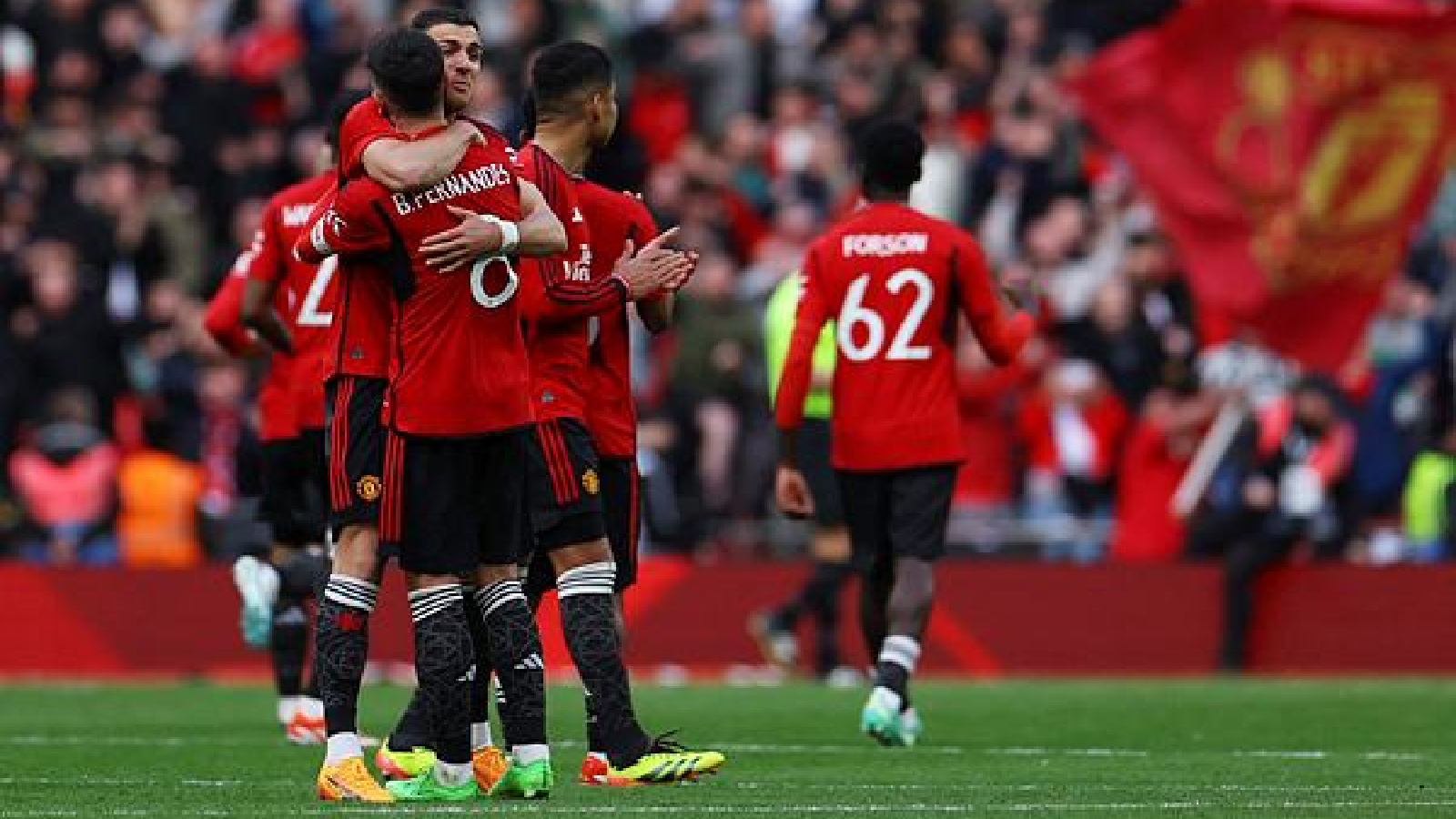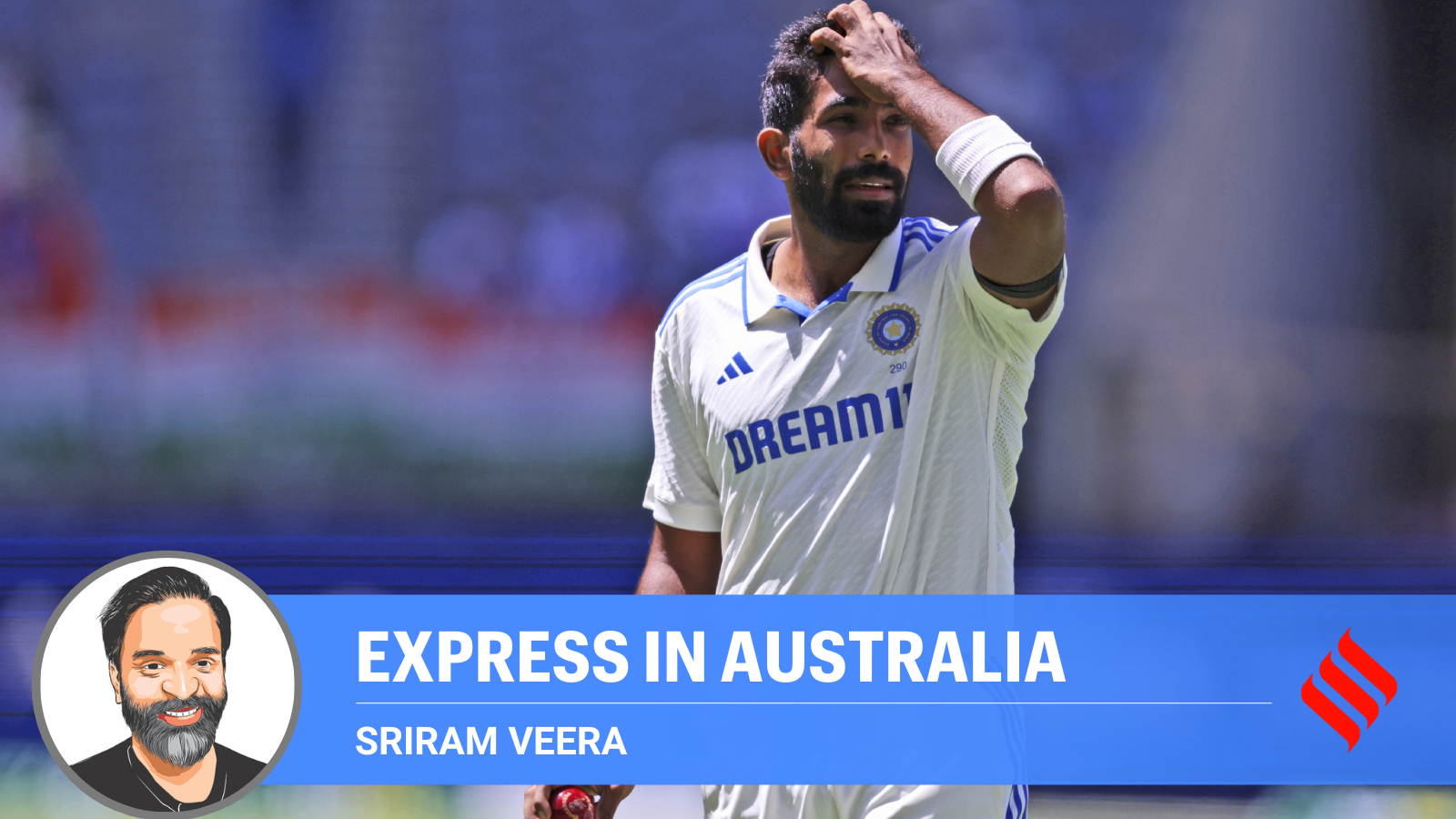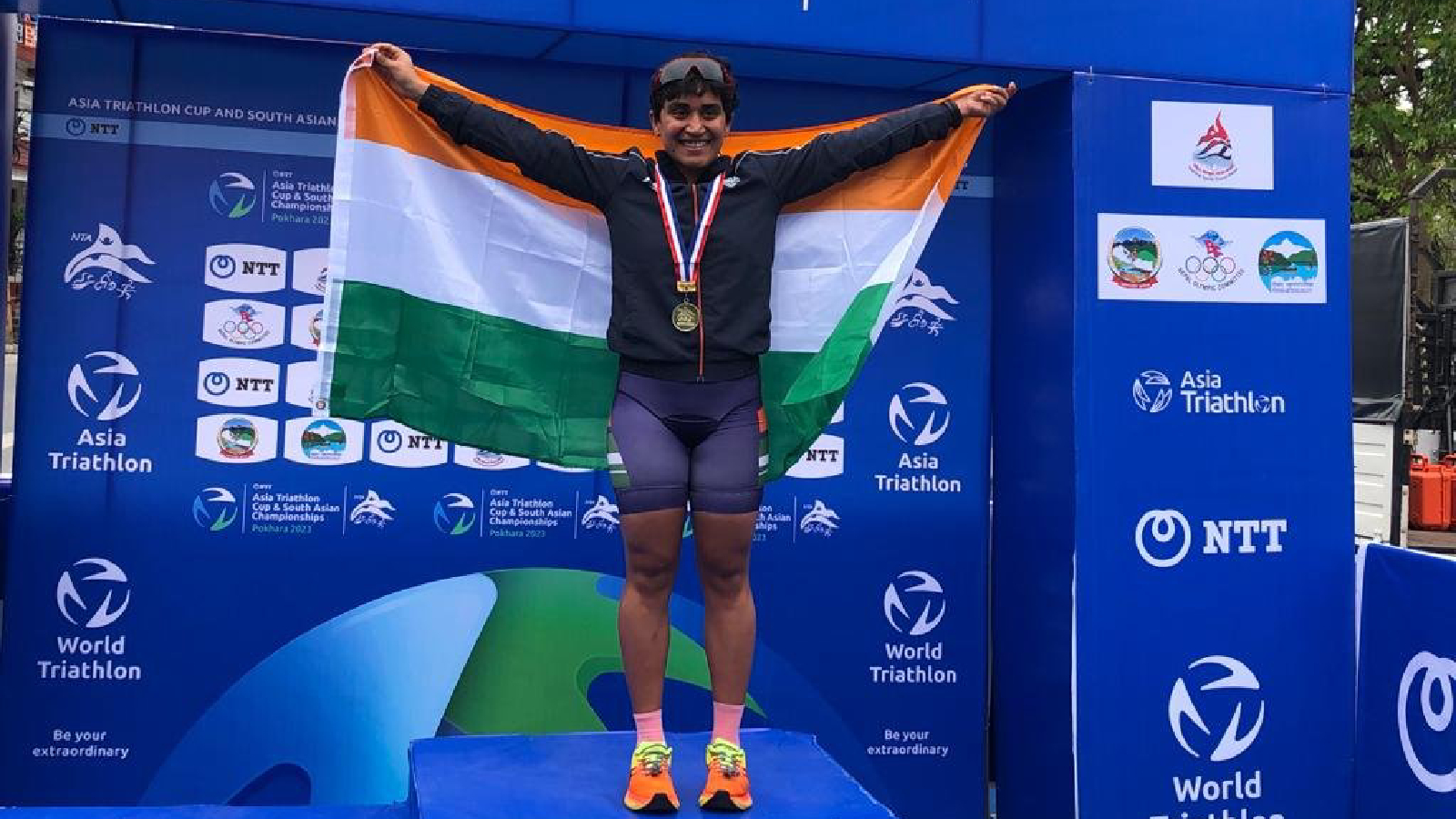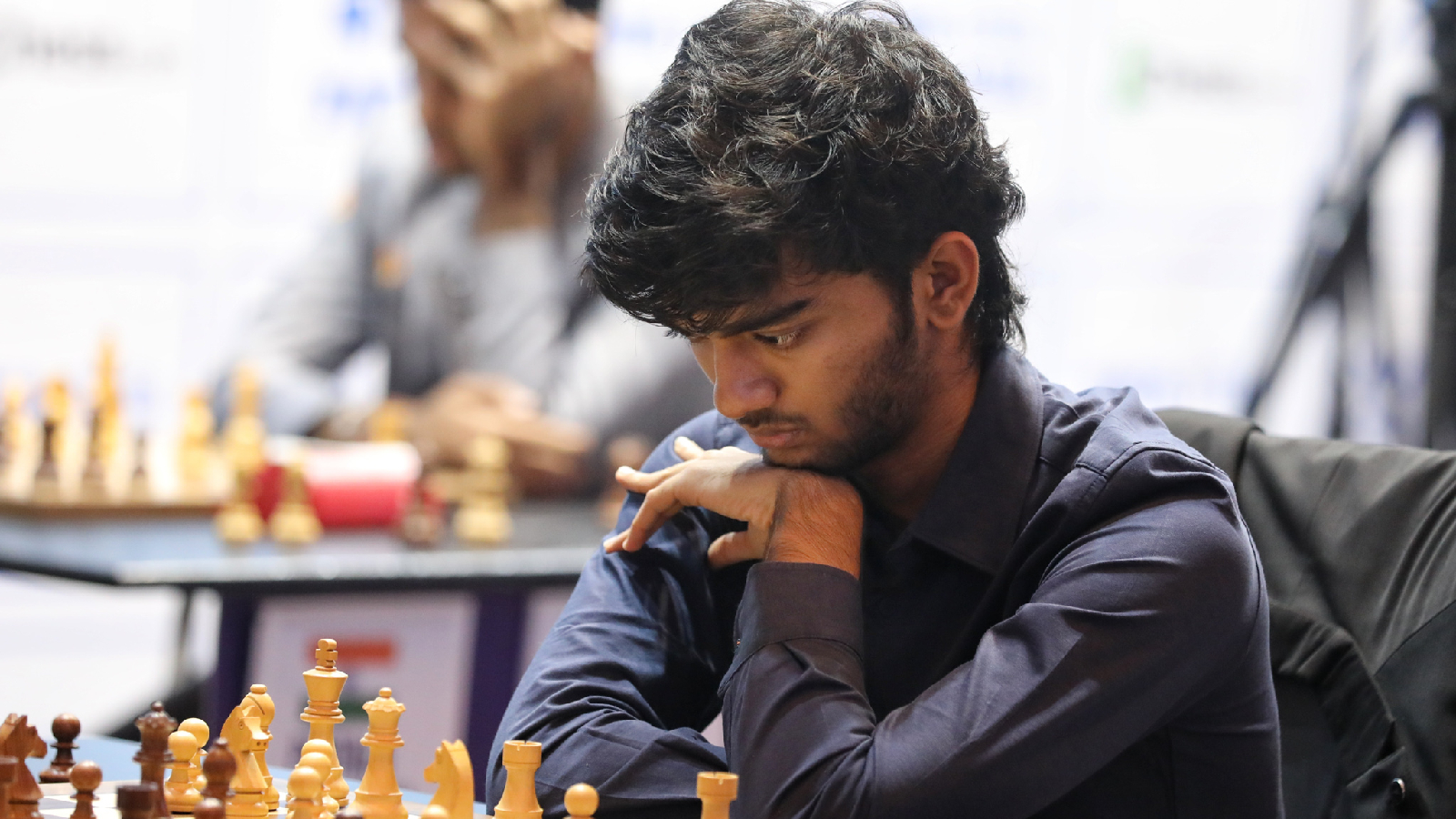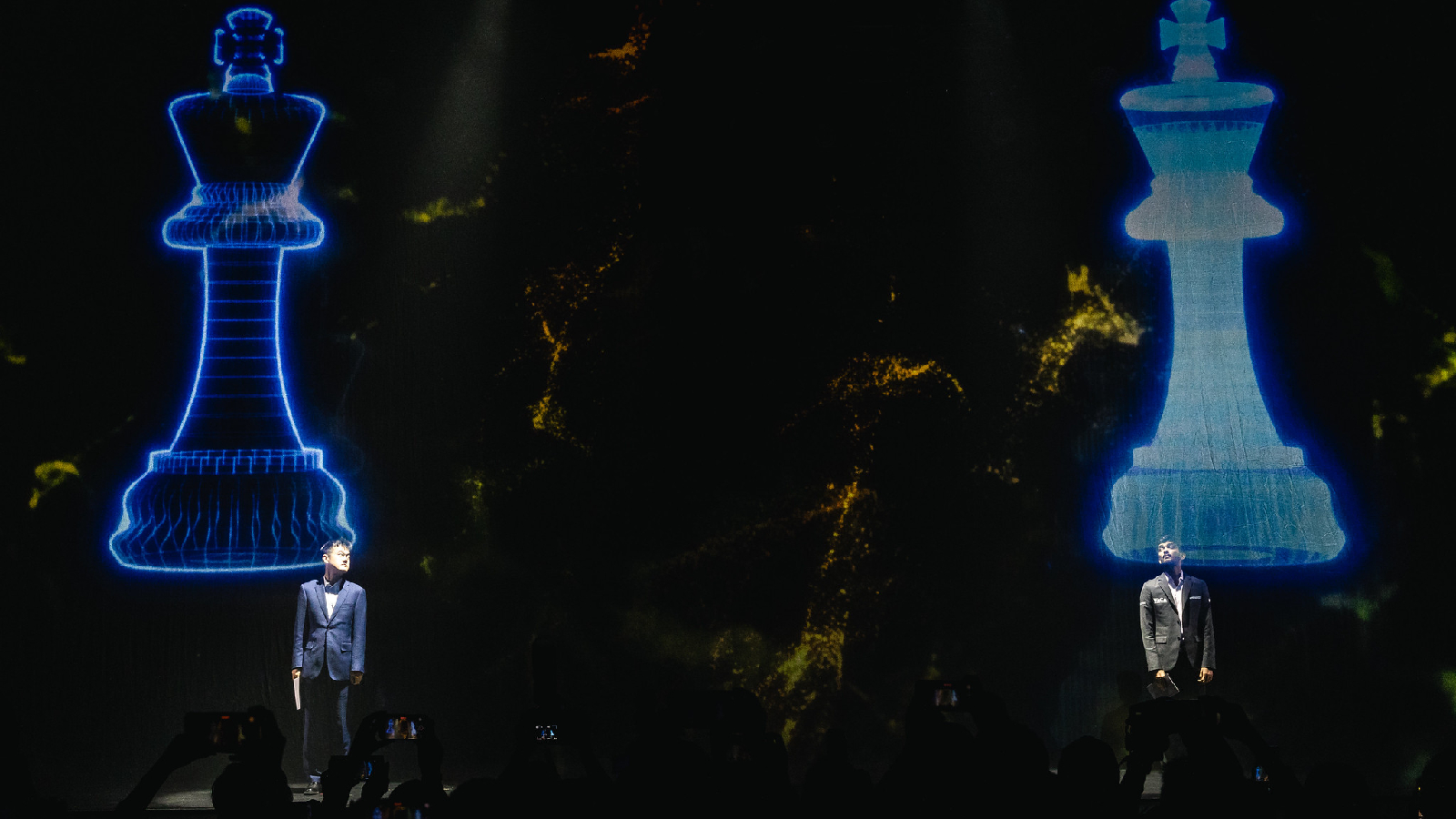Editor’s Note: This is our weekly football column from Sandip G, which is being published on Tuesday evening rather than its usual Monday morning slot.
Hours before Manchester United hatched an implosion of the most epic nature, new co-owner Jim Ratcliffe had run 26.2 miles at a personal best of 4:30.52 in the London Marathon. He squeezed into the Wembley in time for the second half—missing arguably the most emphatic first-half performance by his team this month—to behold an hour of the most catastrophic performance. His team whipped up an annus horribilis of ages—squandering a three-zero lead against Coventry, a side eighth in the Championship table, and saved narrowly by technology —that reflected the steepness of the task he has inherited to restore its long lost glory.
It was a match, even their staunch tragic, wished they had lost, in that it would have truly captured their disillusionment, embodied the depths they had plummeted, and presumably catalyzed another endless chain of changes. Ratcliffe, himself, seemed exasperated. He would tell the BBC in a short interview, drawing parallels from the marathon. “Always in the marathon, after 30km, it gets quite difficult. I don’t think we’re quite at 30km with the football yet,” he paused, and then summed up his club’s stasis: “No, we’re not really there yet. The first 10km. It’s a long journey really.”
Since his partial buying of stakes, the billionaire has initiated a slew of fast measures to fix a club, which according to former caretaker manager Ralf Ragnick requires an open heart surgery, like acquiring a CEO with indisputable credentials like Omar Berrada and a technical director as sharp Jason Wilcox. Newcastle’s Dan Ashworth too could take charge as the new sporting director. Ratcliffe’s football vision to revive the club is in its nascence, but he seems keener to adopt a Manchester City-like cultural overhaul rather than seeking a Roman Abramovich-like money can buy you all riches route. Abramovich’s riches brought instant glory to Chelsea, but City’s success was more sustained, and probably more enduring. Ratcliffe himself had emphasised in past interviews that he was under no illusion to reverse the flailing fortunes of his club overnight. “It’s not a light switch. It’s not one of these things that changes overnight.” The wage bill is vast, the inability to get rid of players chronic and the debts are upwards of one billion pounds.
When he underlined his football-first mentality, there was hope and optimism, even a sudden lift in performance. But as the year has unfolded, they have descended into chaos, their displays swinging wildly like the sails of a ship in a thunderstorm, tossing and sputtering. More than their position in the league—seventh and 24 points of leaders Arsenal (as on Thursday)—their negative goal difference and their maddening meltdowns (best exemplified by two stoppage time goals in as many minutes against Chelsea), it’s their fragility that has disjointed their fans. In the post-Ferguson era, United have waded along several tough years under different managers. The fans crooned: David Moyes never had the stature; Louis van Gaal was turgid, Jose Mourinho boring, and Ole Gunnar Solskjaer directionless. But never had they been utterly hopeless as they had been in the last six months. They have been drab, dreary, and often anarchic, a group of strangers wearing the same pale red shirt.
Not all blame can be thrust on ErikTen Hag’s shoulders. Injuries have been cruel on him. He was forced to use 12 different centre-back pairs; he was forced to fast-track maiden caps to teenage academy products, he had both his left-backs injured for much of the campaign. All but four players have been on the treatment table at least for once. He had to deal with untimely loss of forms; especially of veterans Marcus Rashford and Casemiro. He had off-field distractions in the form of Jadon Sancho and Antony. His team, he says, was at the rough end of multiple refereeing errors. He thinks they are grossly unfortunate. “A lot went against us this season. You see, all the penalties we conceded last week (against Chelsea and Liverpool) could also have been going in another way. You think over the course of a season sometimes you will get one, sometimes you will concede one. This season it feels like we only concede,” he brooded after the Coventry scare.
While the medical department had indeed been restructured at the start of the year, a section of senior players, as reported by The Guardian last year, had blamed Ten Hag for overworking them in the pre-season. Several of his substitutions had proved counter-productive to put it mildly. The Dutchman, under excruciating scrutiny, has begun to become snappy in press conferences, his reactions on the touchline filled more with rage than joy. A manager who sold the promise of playing a positive brand of football is admittedly happy that he’s somehow getting the points. Even a draw against Brentford felt like a semi-salvation after the Bees’ absolute domination in the game. The lone streak of silver-lining is the golden promise of youngsters such as Kobbie Mainoo and Alejandro Garnacho. But can they build on it?
Perhaps, United are really unfortunate, perhaps the injuries are a rude coincidence than the incompetency of their medical staff, perhaps the core of players are content with Ten Hag, perhaps the Dutchman could still save the job and take them back to the glory days. But United, as Ratcliffe would have realised when watching them, is a machine of ill-fitting parts, that creaks and cracks. A full marathon of change beckons so that they could be ready for at least a half-marathon. Or even a 10k race.
I’m Manas Ranjan Sahoo: Founder of “Webtirety Software”. I’m a Full-time Software Professional and an aspiring entrepreneur, dedicated to growing this platform as large as possible. I love to Write Blogs on Software, Mobile applications, Web Technology, eCommerce, SEO, and about My experience with Life.


